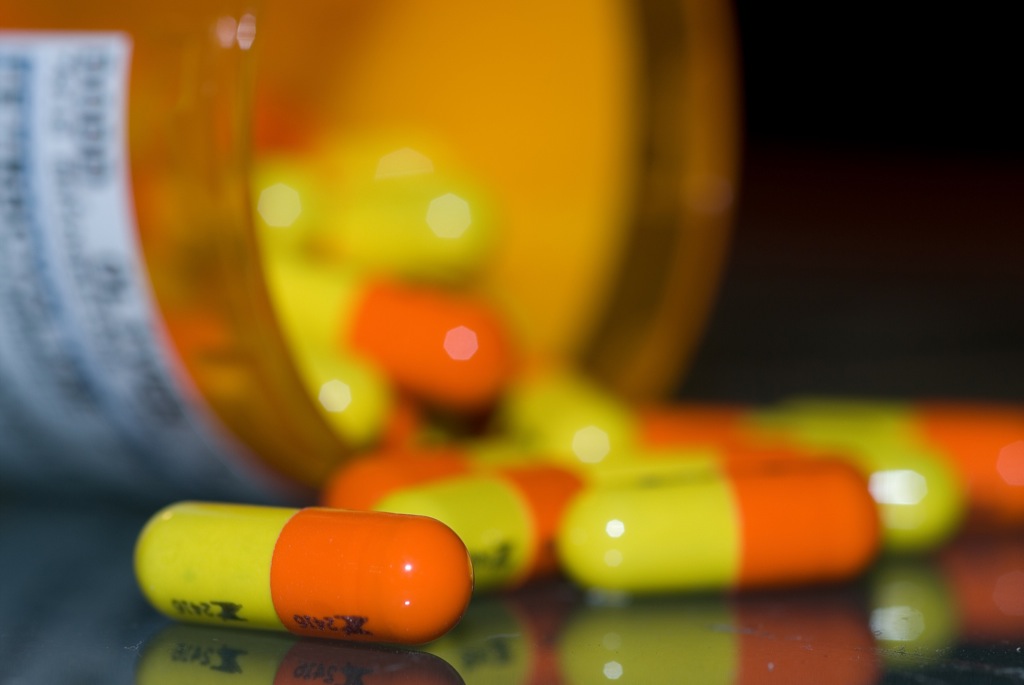Why Big Pharma Isn't Helping America's Superbug Problem

By:
Big Pharma doesn't seem to care that the U.S. may have a serious public health crisis on its hands.
A Pennsylvania woman is infected with a superbug that isn't responding to the antibiotic of last resort colistin, found a study published Thursday in the American Society for Microbiology, The Washington Post reports.
The family of bacteria causing the superbug is known as CRE, and in some cases, can kill up to 50 percent of patients infected with it. But this isn't necessarily cause for alarm; it's possible for the strain found in the woman to be treated with other antibiotics, researchers say. What's more frightening is the possibility a colistin-resistant gene, called mcr-1, could spread to other bacteria that are already able to dodge other antibiotics.
“It basically shows us that the end of the road isn’t very far away for antibiotics — that we may be in a situation where we have patients in our intensive care units, or patients getting urinary-tract infections for which we do not have antibiotics,” Centers for Disease Control and Prevention Director Tom Frieden said in an interview on Thursday.
The drug colistin is less than ideal for treating infections; it's more than a half-century old and can wreak havoc on patients' kidneys. But doctors don't have other tools to combat these menacing bugs.
Congress did its part to help the problem by allocating hundreds of millions of dollars in 2015 to federal agencies tasked with fighting drug-resistant bacteria. The same can't be said about the pharmaceutical industry.
Drug companies spend close to $5 billion on research and testing for every product they bring to market. Eighty percent of drugs, however, don't make it for efficacy or safety reasons, so corporations try to recover the billions they lost from the drugs that are approved by the FDA.
To discover and test new antibiotics requires ample money and time, something Big Pharma has plenty of — it's worth $300 billion a year and has profit margins close to 30 percent — but isn't willing to devote to the cause, according to the World Health Organization.
Whereas antibiotics are prescribed for an average of seven to 10 days, certain medications, ones used to "maintain" health conditions such as depression, hypertension and high cholesterol, must be taken for longer stretches of time, and as a result, are more lucrative to research and develop for pharmaceutical companies, Healthline reports.
But antibiotics haven't always been shunned by Big Pharma. In the 1940s, Pfizer was very much involved in antibiotic development, supplying troops with large amounts of penicillin. The class of drugs was very profitable during this era for their ability to eradicate diseases that once were untreatable.
In 2011, Pfizer shuttered its antibiotic research facility for financial reasons, following the example of three other pharmaceutical giants — Bristol-Myers Squibb, Aventis (now Sanofi) and Eli Lilly — that had halted research and development of antibiotics in the 1990s, according to a report from the European Observatory on Health in partnership with the World Health Organization. Today, 80 percent of antibiotics are developed by small companies.
 oliver.dodd/Flickr - flickr.com
oliver.dodd/Flickr - flickr.com
As for CRE, scientists and public health officials are ringing the alarm that this "nightmare bacteria," as it's been dubbed, will continue to spread, rendering everything from routine operations and minor infections to pneumonia more challenging to treat and potentially fatal.
